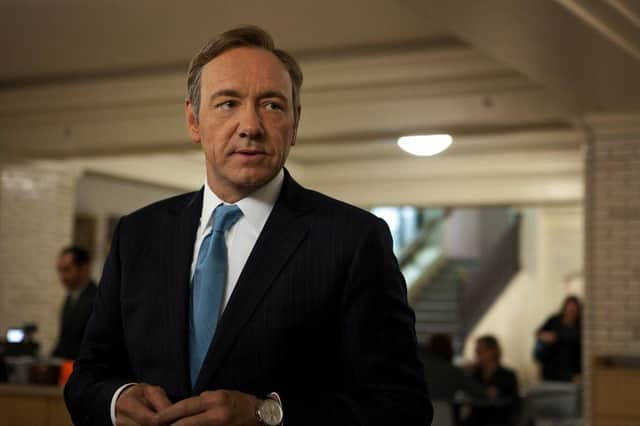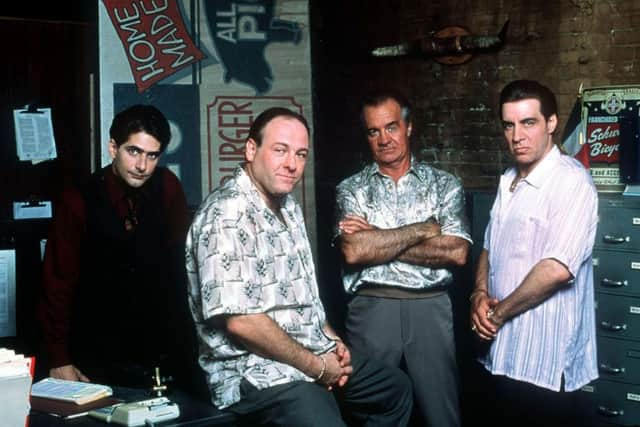Why too much unmissable TV can be a turn-off


Then they had to fit in House of Cards, Damages, Orange is the New Black, Mad Men, Dexter, True Detective, Fargo, Justified, Homeland and The West Wing.
So it is hardly surprising that experts are warning too much of a good thing could be harmful.
Advertisement
Hide AdAdvertisement
Hide AdBut it’s not due to a mass outbreak of “square eyes” or even a worrying rise in the number of folk cooking up crystal meth in their garden sheds.


The problem is with the enormous number of unmissable cult shows on offer, which is overwhelming viewers and leaving them truly spoilt for choice.
There has been a steady rise in popularity of long-running dramas since The Sopranos first hit screens at the turn of the millennium, and lately the arrival of on-demand and catch-up services from the likes of Netflix and Amazon has further enabled viewers to gorge on vast libraries of both current series and past classics whenever they want.
This new “box-set” phenomenon has sparked fears within the industry that it could result in a mass turn-off.
Now a top executive fears this new golden age of the small screen could have reached its tipping point.
“We are choking on our own abundance,” said John Landgraf, chief executive of the US cable channel FX.
“It is like winning a pie-eating contest every day.”
Speaking at Edinburgh International Television Festival, he said picking shows to watch could feel like “work” and having too many options only creates feelings of discontentment.
“Ultimately it’s very hard to pay attention to all the choices and it’s essentially work to sort through them all,” he said.
Advertisement
Hide AdAdvertisement
Hide Ad“And whenever you choose something you are unchoosing something else, so you get this big sense of malaise that even when you’re watching something great you could be watching something even greater.”
The industry has enjoyed rapid growth in the past 15 years. The number of scripted series being commissioned in the US has almost doubled since 2010, with more than 400 getting the go-ahead this year alone.
Broadcasters are also increasing their own investments in programming, with budgets getting steadily larger in response to a public appetite for serials that has seemed insatiable. Netflix handed over a whopping £65 million for the first 26 episodes of House of Cards, starring Kevin Spacey and Robin Wright Penn.
Mr Landgraf is concerned too many new shows are being commissioned and expansion cannot continue at its current rate.
“I think we’re heading for a time of some level of crisis and contraction,” he said.
“I see business eating the creative tail right now. There’s a feeding frenzy and a sense of great amounts of money to be made. Ultimately all industries over-expand and then consolidate.”
However, other small-screen professionals disagree. “Viewers in Scotland and across the world now have access to a fabulous carousel of high quality serial shows unlike anything we’ve ever seen,” said film and television producer Robbie Fraser, of Glasgow-based Pure Magic Films.
“There’s a huge choice of riveting material to watch, and how can that be a bad thing?
Advertisement
Hide AdAdvertisement
Hide Ad“I’m sure we have not hit ‘peak TV’. For every Sopranos, Mad Men or Breaking Bad that comes to an end, there’s a Blunt Talk, True Detective, Penny Dreadful or Better Call Saul that comes along to help us dry our tears.
“The Americans have set the bar very high, and we in Europe need to figure out how to think up tales which will attract production investment so we don’t become a de facto back lot for stories imagined elsewhere.
“I hope the next phase is not retrenchment but diversification.”